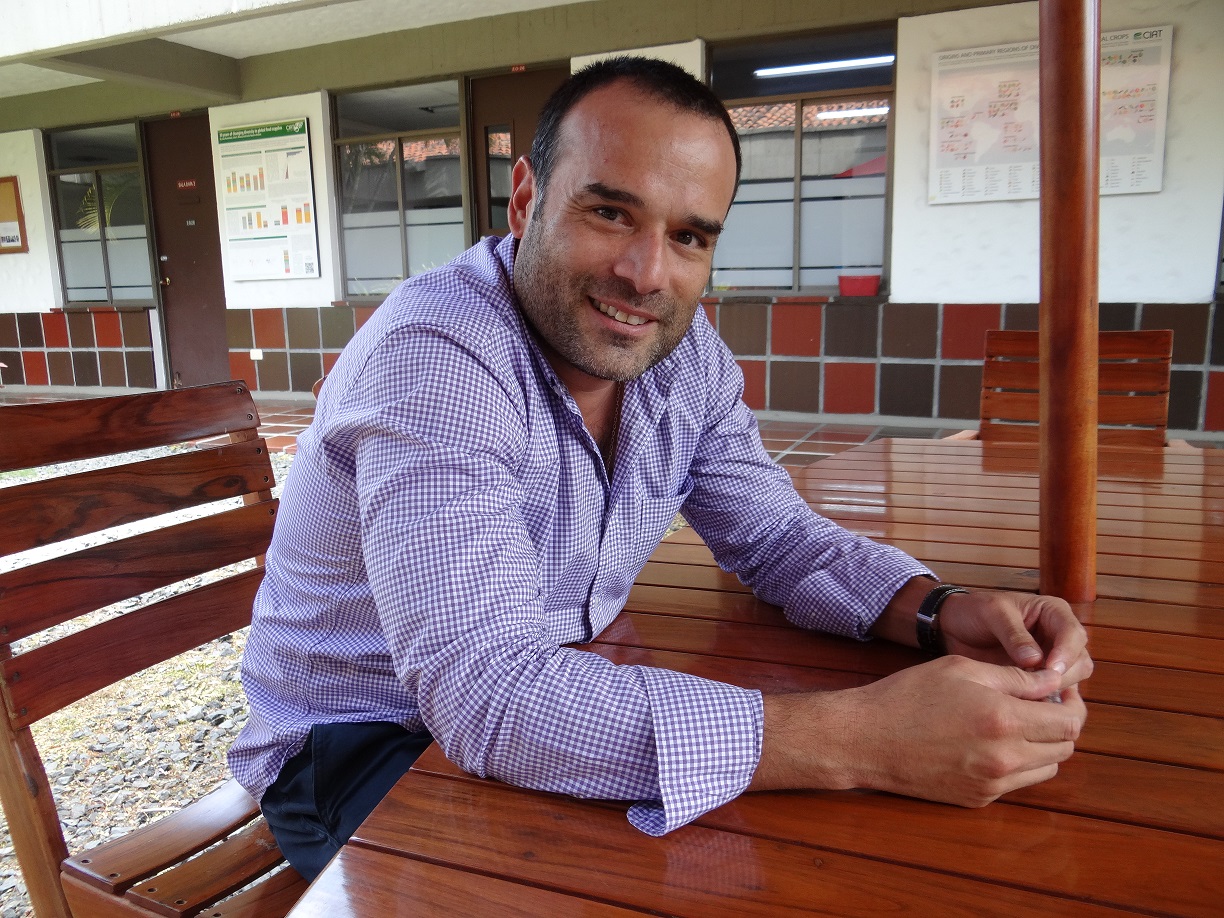When immiscible becomes miscible

Linking efforts for reducing forest-based emissions with those for delivering peace is possible. We are examining under what conditions that is possible.
Photo credit: © inkeraabe / Pixabay
Last year, scientists from the University of Edinburgh discovered that under certain conditions – a lot of pressure – it is possible something inconceivable for most of us: mixing water and oil. In fact, it had been scientifically proven that this was impossible. But this is not the first time that a paradigm shifts in science, nor will it be the last.
Almost as far apart as water and oil, we have seen peacebuilding efforts and forest conservation efforts to mitigate climate change. But since over a year ago, Augusto Castro, CIAT researcher, has been presenting compelling evidence that it is possible – and necessary – to link forest conservation actions with peacebuilding efforts in favor of low-carbon food production.
Both, the situation that forests undergo because of deforestation and the situation that forest dwellers live because of conflict are complex and have many edges. Therefore, to solve together and simultaneously these two seemingly intractable problems, it is essential to examine in depth the conceptual entry points (approaches, studies, and mechanisms) that have been used to address them, with the aim to harness and implement them on the ground.
And that is what Augusto Castro does in his most recent article Responding to Climate Change in Tropical Countries Emerging from Armed Conflicts: Harnessing Climate Finance, Peacebuilding, and Sustainable Food, published on October 10 in the Forests journal. He does so via a literature review and the examination of a case study in the Orinoquia region of Colombia. The findings suggest that harnessing climate finance for conserving forests and peacebuilding is, in theory, viable if the activities are designed in accordance with social, institutional, and economic factors of the territory.
At a time when efforts for reducing forest-based emissions are being designed and targeted at (post-) conflict areas in Colombia and other countries, the findings of recent article demonstrate the compatibility of programs aimed at reducing forest-based emissions with efforts relating to peacebuilding and sustainable food.
Contact

